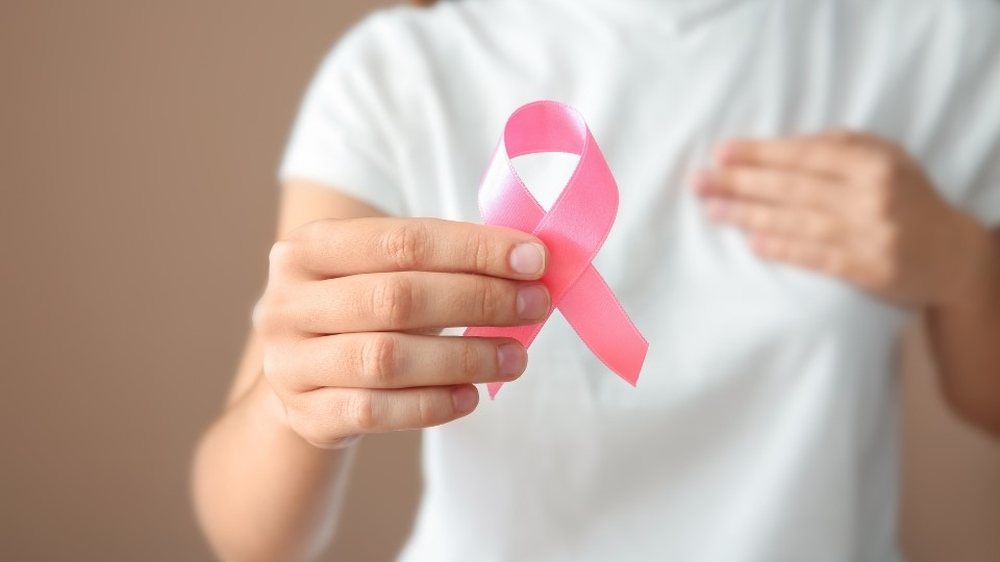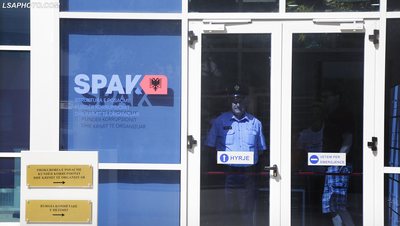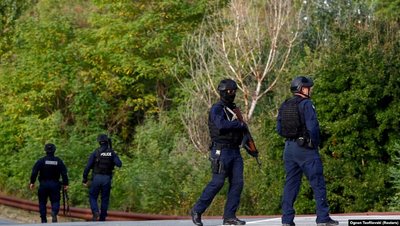
Breast cancer accounts for about 11% of all new cancer cases each year, ranking first in terms of individual risk among Albanian women.
These data made public by the Institute of Public Health emphasize that the epidemiological picture of breast cancer in Albania presents similarities with global trends.
Currently, there are about 5,000 women living with breast cancer in the country, while in 2024 alone, 805 new cases were diagnosed in women and 14 cases in men. Compared to 2015, the incidence of this disease has increased by 23%, or an average of 2.1% each year.
The risk of diagnosis increases significantly with age, peaking in the 50–70 age group. Analyses show that the overall increase in incidence is mainly explained by cases over 50 years of age, which have increased by 3.6% per year, while an average decrease of 1.9% has been observed in those under 50 years of age.
The median age at diagnosis has increased from 55 years in 2015 to almost 59 years in 2024, reflecting the effect of population aging and convergence with the demographic profile of European Union countries.
Meanwhile, the number of mammograms performed in the country has increased significantly, the report shows, from around 5,000 in 2014 to over 25,000 during 2022–2024, which has also led to an increase in screening coverage to around 25% of the target population.
Breast cancer screening for women is carried out free of charge through the public health system. The first contact usually occurs through the family doctor or health center nurse, who informs women about the risk, performs a clinical examination and instructs them for mammography. Women in the age group of 50–60 years, as well as those at increased risk, are invited for mammography every two years, if they do not have clinical signs.
According to IHP data, over 10 suspected cases of breast cancer are identified each year through mobile mammograms alone, while around 50 cases are diagnosed early thanks to screening.
These data underscore the importance of regular check-ups and awareness for early detection of breast cancer, a key factor that significantly increases the chances of recovery./ Monitor






















